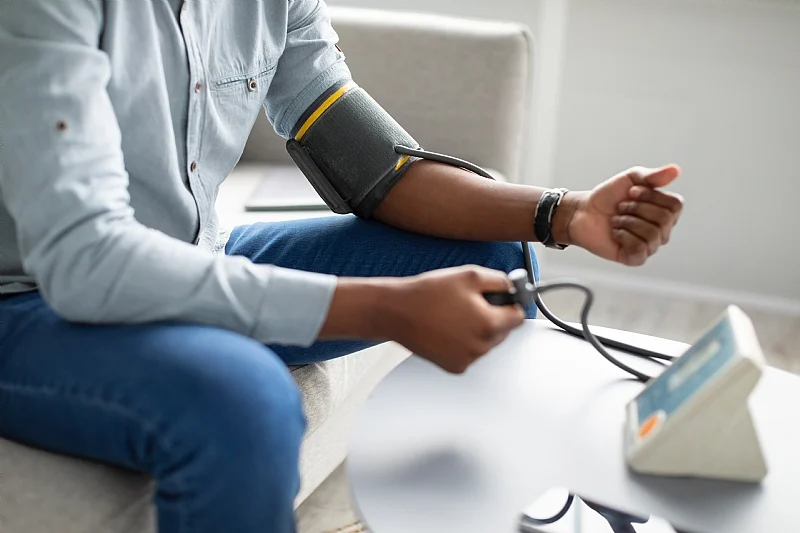Sleeping less or having disrupted sleep affects brain function, imbalances the hormones, and increases inflammation. All these factors can negatively affect your blood glucose. First, fewer than 6 hours of nightly sleep is associated with an increased risk of developing prediabetes, diabetes, and the sinister friends of diabetes (including hypertension, obesity, and heart diseases).In a…...





